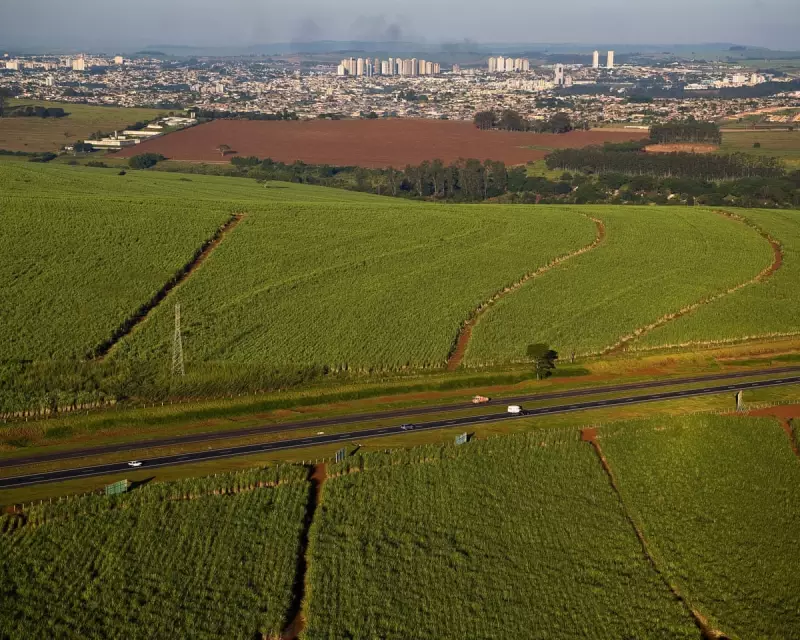
In a dramatic move that could reshape global energy policies, Brazil is secretly pushing for a massive international commitment to quadruple biofuel usage worldwide, according to leaked documents obtained by The Guardian.
The Radical Proposal
The South American nation, already a biofuel powerhouse, has circulated a confidential proposal ahead of crucial United Nations climate negotiations calling for countries to collectively increase sustainable biofuel consumption to 20% of global transport energy by 2035. This represents a staggering 400% increase from current levels.
Diplomatic Firestorm Brewing
The leaked documents reveal Brazil's plan to table this ambitious target during upcoming UN discussions, positioning biofuels as a critical solution for decarbonising the transport sector. However, the proposal is likely to ignite fierce debate among environmental groups and policymakers.
Environmental Concerns vs Economic Opportunities
While biofuels offer potential for reducing fossil fuel dependence, critics warn that massive expansion could trigger unintended consequences. Key concerns include:
- Deforestation risks from expanded crop cultivation
- Food security implications as agricultural land shifts
- Water resource competition
- True carbon footprint of biofuel production chains
Brazil's proposal acknowledges these challenges but argues that "sustainable intensification and advanced biofuels" can mitigate environmental risks while creating green economic opportunities.
Global Energy Implications
If adopted, this policy would represent one of the most significant shifts in global energy strategy since the Paris Agreement. The transport sector, responsible for approximately one-quarter of global emissions, would undergo massive transformation.
The leak comes at a pivotal moment, with countries preparing to update their climate commitments. Brazil's bold positioning suggests an attempt to reclaim leadership in the global climate dialogue while advancing its economic interests as the world's second-largest biofuel producer.
As diplomats prepare for heated negotiations, this proposal sets the stage for a fundamental debate about the future of renewable transportation and the delicate balance between environmental protection and energy security.





